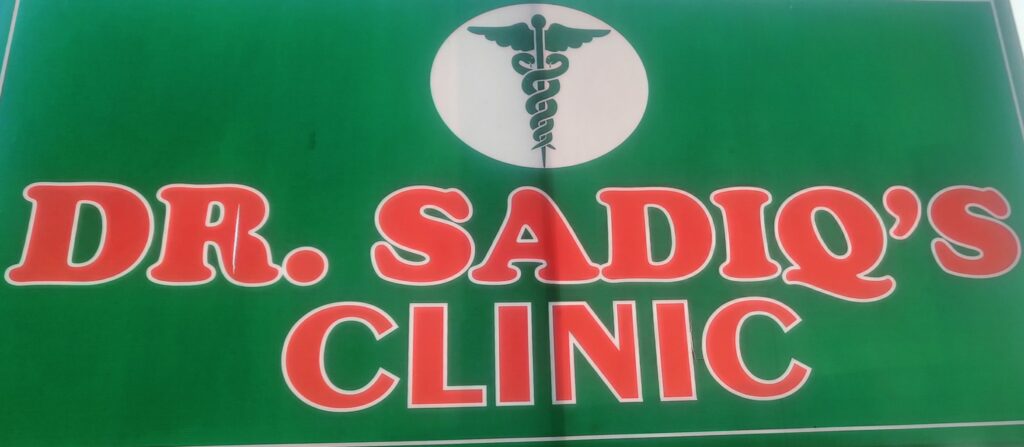Gastroesophageal Reflux Disease

- Understanding Gastroesophageal Reflux Disease (GERD):Gastroesophageal Reflux Disease (GERD) is a chronic digestive disorder where stomach acid flows back into the esophagus, causing irritation and discomfort. This can lead to symptoms such as heartburn, regurgitation of food or sour liquid, chest pain, and difficulty swallowing.
- Causes and Triggers:GERD occurs when the lower esophageal sphincter, a muscle that normally closes to keep stomach contents from flowing back into the esophagus, relaxes or weakens abnormally. This can be caused by factors such as obesity, hiatal hernia, pregnancy, smoking, and certain medications. Certain foods and drinks, such as spicy foods, fatty foods, citrus fruits, caffeine, and alcohol, can also trigger GERD symptoms.
- Management and Treatment:Managing GERD involves lifestyle changes such as maintaining a healthy weight, avoiding trigger foods and drinks, eating smaller meals, not lying down immediately after eating, and raising the head of the bed. Over-the-counter medications like antacids, H2-receptor blockers, and proton pump inhibitors can help relieve symptoms by reducing stomach acid production. In severe cases, surgery may be recommended to strengthen the lower esophageal sphincter or correct any anatomical abnormalities. Regular follow-ups with a healthcare provider are important for monitoring symptoms and adjusting treatment as needed.

